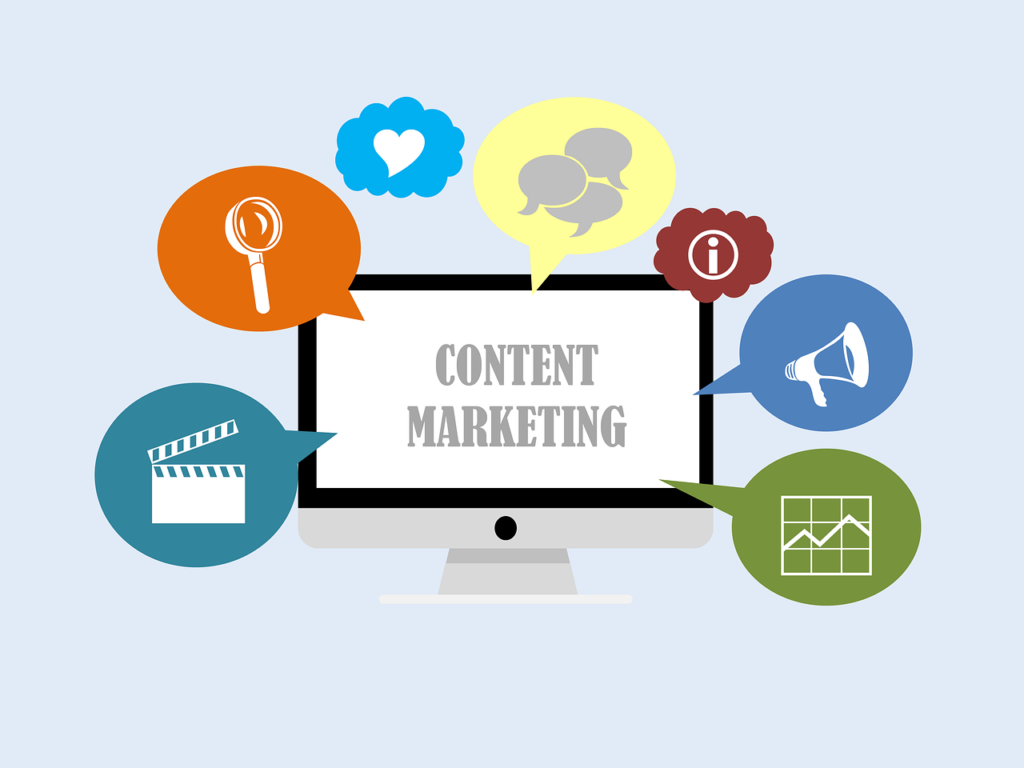AI (Artificial Intelligence) is transforming the modern digital marketing landscape in many ways.
From automating marketing processes to data analytics elements that help enable smarter decision-making, the presence of AI is invaluable for companies that want to optimize their marketing strategy for the best outcomes.
AI language models like OpenAI’s Chat-GPT and their recently-launched GPT-4, for instance, can even help generate marketing content.
These tools can help create content for various platforms, including e-commerce websites, blogs, and social media pages in a fraction of the time one would use if they did it manually.
But as much as AI can be immensely beneficial to content marketers, it’s essential to establish robust guidelines that ensure a clear understanding of how they’ll be utilized while also engaging with customers more effectively.
To help you understand why defining such guidelines matters so much – and how your business can benefit from them, read on below!
1. Setting The Ground Rules: Why Clear Guidelines Are Essential For AI Tool Use In Content Marketing
Establishing clear guidelines is essential when using AI tools for content marketing. Setting clear guidelines can go a long way in:
- Improving digital experience quality
- Increasing efficiency and productivity
- Reducing compliance risk
- Increasing ROI (return on investment)
For employers and managers, this means creating objectives that are specific and measurable, as well as ensuring proper employee onboarding and training for teams that will be working with the AI tools in question.
It’s also important to have a unified understanding of what can and cannot be achieved with these tools so that everyone knows how best to use them.
Additionally, it’s essential to create an effective data management system – both internally within your company and externally with customers – so any outcomes from AI tools can be tracked accurately over time.
Without having clearly-set expectations and structures in place, you may not achieve the results you’re hoping for from integrating AI into your content marketing strategy.

2. Understanding What Types of AI Tools Can Help Your Content Marketing Initiatives
There is an array of different Artificial Intelligence (AI) tools, many of them with features and capabilities that can help propel your content marketing efforts.
For example, Natural Language Processing (NLP) can be used to assess user sentiment around topics or improve interpretation and understanding of written texts.
Machine Learning models, on the other hand, can be used to recommend personalized content for specific users based on their interests.
Also, Chat Bots are a great way to improve customer service, especially when it comes to inquiries, order placements, complaints, and such!
All these solutions allow marketers to leverage the full power of AI so they can make data-driven decisions about which types of content will achieve optimal performance.
By leveraging the right set of AI tools, it’s now possible to develop truly effective strategies for your content marketing initiatives.
3. Strategically Capturing User Attention And Engagement With Personalized Guidelines
The key to successful content marketing is capturing consumer attention, driving engagement, and helping users find value in the content they access.
By taking an AI-driven approach to understanding your audiences, you can generate personalized guidelines that help capture their attention more effectively than ever before.
This includes providing specifically tailored recommendations for which AI tools to use for writing or creating other types of content.
It may also include stating what type of content should be placed on each platform, as well as which types of messages or visuals are most likely to evoke positive reactions from readers based on past engagements with similar topics.
The possibilities afforded by leveraging these tools are nearly endless, and customizing user guidelines with the consumer in mind might just be what you need to run successful content marketing campaigns!
4. Verifying That Your AI Tools Are Working According To Plan Through Metrics Analysis And Evaluation
To enjoy all the benefits of having clear, considerate usage guidelines for AI in content marketing, there’s one thing you need to do.

You need to find out if your guidelines are successfully being implemented, and whether the objectives of your content marketing campaigns are being met.
In other words, it’s important to evaluate if and how the AI tools are being used – and whether they’re performing according to plan.
For example, you can rely on metrics from analytics platforms Google Analytics or Adobe Analytics, which would reveal things like traffic patterns over time, leads generated, engagement, and conversions.
Comparing this data with previous performance metrics or the expected goals from the actual guidelines in place can help you see if your strategy is working.
If you use AI tools like OpenAI’s GPT to generate marketing content, there are several tools you can use to find out if a team member followed the set guidelines when generating the content in question.
Many tools also exist that can help you avoid various forms of plagiarism, which search engines like Google dislike, may flag, or penalize when it comes to web content and blog articles.
5. Adapting Guidelines as Needed To Leverage Maximum Benefit from AI Tool Integration
While guidelines for the effective use of AI tools should remain a permanent fixture in any content marketing efforts, it is also important to update and revise them regularly.
This could be based on the periodic outcomes, user reactions, or even certain concerns from your intended audience.
Especially in an age when the pace of technological evolution is nearing rocket speed, it’s hard to have a one-size-fits-all solution when it comes to integrating AI into marketing.
You may also have to test out different tools, strategies, and procedures before you find an approach that best suits your customer preferences while staying true to core objectives.
This is not to mention that online activities trends are ever-changing, new devices are always hitting the market, operating systems get updated, and social channels are evolving.
AI is undoubtedly changing the world from many fronts – and it is indeed here to stay! It can be extremely beneficial for content marketing, but having clear and concise guidelines for its use can make your campaigns even more fruitful.
Once you identify the best AI tool for your needs, remember to consistently evaluate its usage, outcomes, and performance metrics, revising your guidelines regularly to see if there are areas that need improving for better results.
Ella Marcotte
Latest posts by Ella Marcotte (see all)
- UA vs GA4: The 4 Big Differences You Need To Know - April 8, 2024
- Understanding The Role Of Control Valves In Industrial Automation - April 8, 2024
- How Automation Can Boost Your Business Outcomes - April 4, 2024




